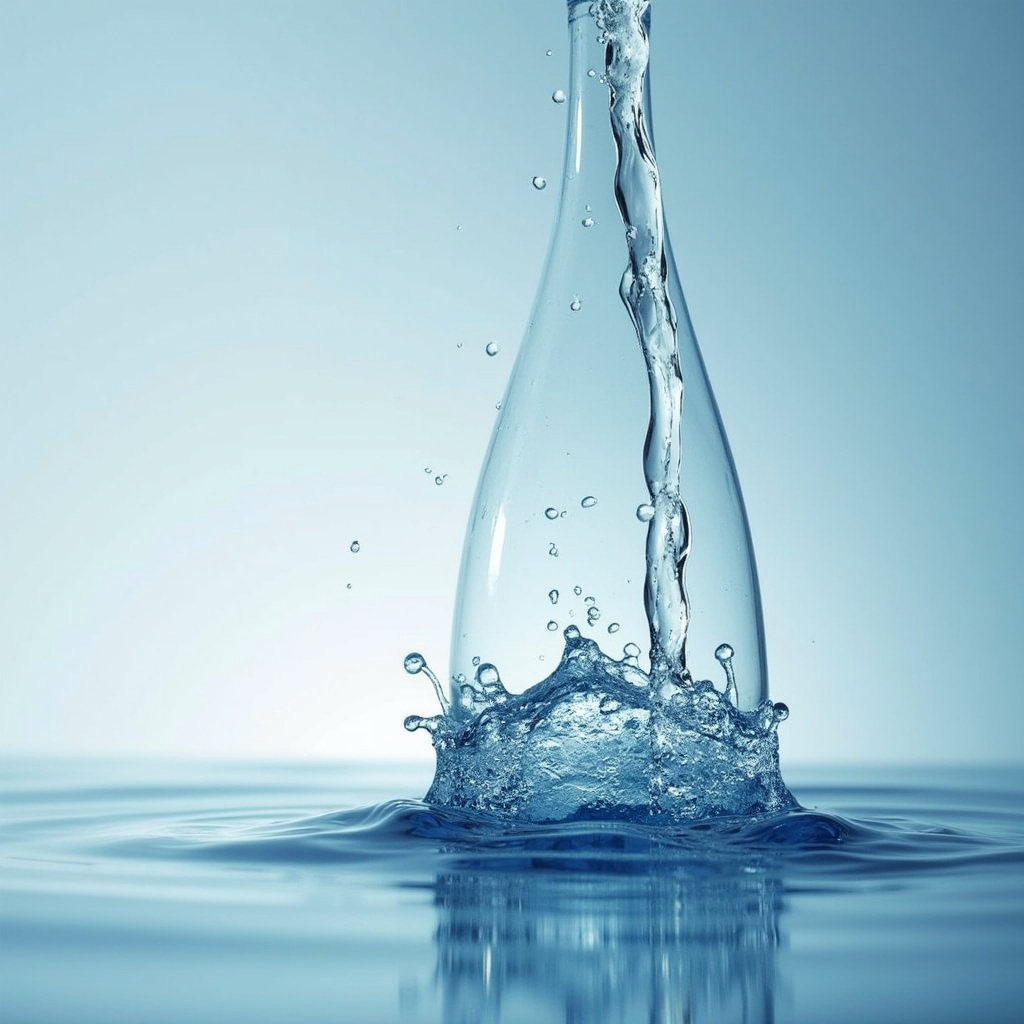Introduction
Water is often hailed as a miracle elixir for our skin. With countless products and trends claiming to hydrate and rejuvenate, it can be challenging to sift through the myths and realities surrounding water’s effect on skin health. In this article, we’ll explore the differences between fact and fiction regarding water and its relationship with our skin.
Myth #1: Drinking Water Will Cure All Skin Problems
Many people believe that simply drinking more water will solve all their skin issues, from dryness to aging. While hydration is essential for overall health, including skin health, it’s not a one-size-fits-all solution.
- Hydration Matters: Adequate water intake helps maintain skin’s elasticity and can improve its appearance.
- Other Factors: Skin issues can also stem from genetics, diet, environmental factors, and skincare routines.
Therefore, while drinking water is beneficial, it should be part of a broader skincare strategy.
Myth #2: You Can Hydrate Your Skin by Splashing Water on It
It’s a common practice to splash water on your face, especially in the morning or after a workout. However, this is not an effective way to hydrate your skin.
- Surface-Level Hydration: Splashing water provides only temporary moisture and does not penetrate the skin deeply.
- Skin Barrier: The skin’s barrier is designed to retain moisture, but it needs the right products to keep it hydrated.
To effectively hydrate your skin, consider using moisturizers that lock in water and provide essential nutrients.
Fact: Water is Essential for Skin Elasticity
One undeniable fact is that water plays a crucial role in maintaining skin elasticity. When the body is well-hydrated, skin tends to look plumper and more youthful.
- Cell Function: Water aids in the proper functioning of skin cells, helping them to repair and regenerate.
- Blood Circulation: Staying hydrated improves blood circulation, which can lead to a healthy glow.
Incorporating enough water into your daily routine can contribute to healthier-looking skin.
Myth #3: Drinking Water Prevents Wrinkles
While hydration can improve skin texture, drinking more water alone will not prevent wrinkles. Aging is a natural process influenced by various factors.
- Genetics: Your genes play a significant role in how your skin ages.
- Sun Exposure: UV damage is one of the leading causes of premature wrinkles.
To combat wrinkles effectively, consider a comprehensive skincare routine that includes sunscreen, moisturizers, and anti-aging products.
Fact: Topical Hydration is Important
Topical hydration is just as crucial as drinking water. Using creams and serums that contain hydrating ingredients can significantly improve your skin’s moisture levels.
- Hyaluronic Acid: This ingredient can hold up to 1000 times its weight in water, making it a powerful hydrator.
- Glycerin: A natural humectant that attracts moisture to the skin.
Incorporating these ingredients into your skincare routine can help maintain skin hydration effectively.
Myth #4: More Water Always Equals Better Skin
While staying hydrated is essential, more water isn’t always better. Overhydration can lead to a condition known as hyponatremia, where the balance of electrolytes in your body is disrupted.
- Balanced Intake: Listen to your body’s needs for water intake, which can vary based on activity level, climate, and individual health.
- Signs of Hydration: Look for signs like thirst, dark urine, and dry skin to gauge your hydration levels.
Finding a balance is key to ensuring your skin remains healthy and hydrated.
Conclusion
Water is undoubtedly an essential component of skin health, but it’s important to separate fact from fiction regarding its effects. While drinking adequate water contributes to overall hydration, it should be complemented by a well-rounded skincare regimen. By debunking these myths and understanding the facts, you can take better care of your skin and help it look its best.




